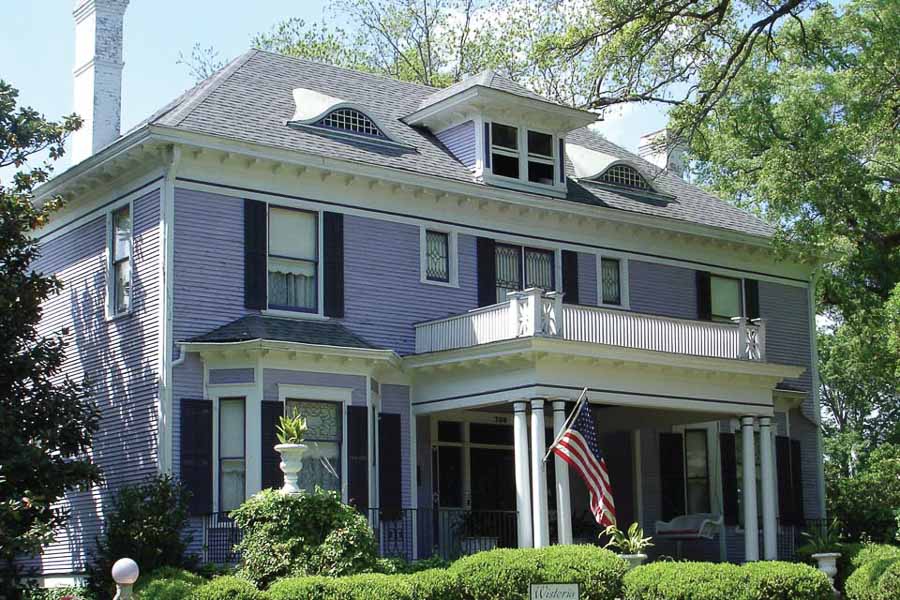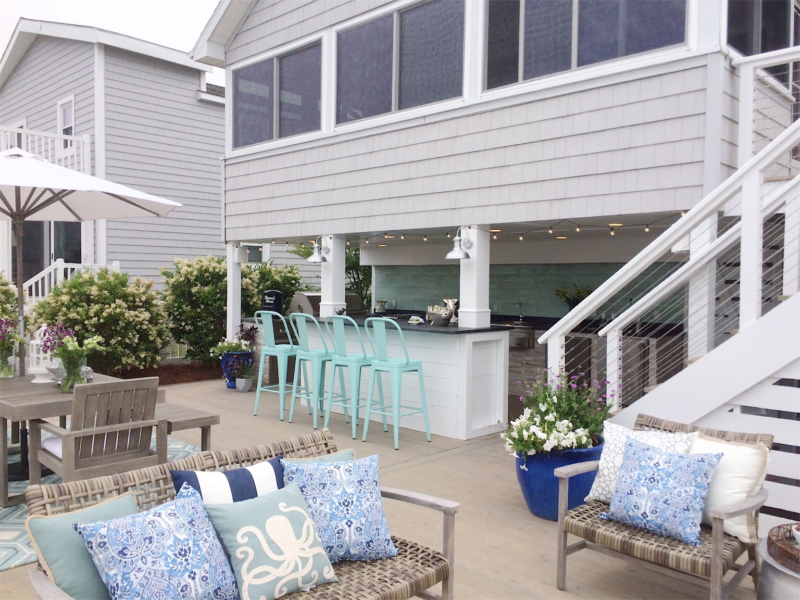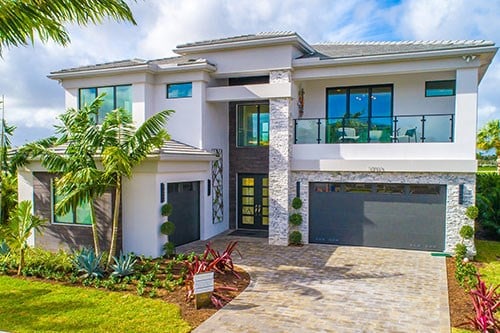Why are houses so cheap in laurel mississippi

If you’ve ever browsed real estate listings in the South, you may have stumbled upon an intriguing trend: houses in Laurel, Mississippi, are surprisingly affordable. Compared to national averages, Laurel’s property prices often seem too good to be true. But why exactly are homes in this charming Southern city so inexpensive?
In this article, we’ll take a deep dive into the factors contributing to Laurel’s low housing costs. From economic history and demographic trends to geographic location and market demand, we’ll explore every major reason behind the city’s affordable real estate. Whether you’re a potential buyer, investor, or simply curious, this guide will help you understand the true story behind cheap houses in Laurel, Mississippi.
Understanding the Real Estate Market in Laurel, Mississippi
A Snapshot of Laurel’s Housing Market
Laurel is a small city in southeastern Mississippi with a population of just over 17,000 residents. The average home price in Laurel is significantly lower than the national average—often falling below $150,000. For comparison, the national median home price in the U.S. exceeds $400,000 in many urban areas.
Home Prices Compared to Neighboring Cities
When compared to cities like Jackson, Hattiesburg, or Gulfport, Laurel consistently offers more house for less money. This affordability often draws interest from out-of-state buyers and real estate enthusiasts who’ve seen the town featured on HGTV’s popular show Home Town.
Why Are Houses So Cheap in Laurel?
1. Lower Cost of Living in Mississippi
Mississippi ranks among the states with the lowest cost of living in the U.S., and Laurel is no exception. Affordable housing is often a reflection of overall lower expenses in the region. From groceries and healthcare to property taxes and utilities, everything costs less in Laurel. This economic reality drives down property values and home prices.
2. Limited Job Market and Low Wages
Laurel’s economy has traditionally relied on industries like timber, manufacturing, and oil. While these sectors have deep roots in the area, job opportunities in high-paying fields remain limited. The median household income in Laurel is significantly below the national average, which directly influences what residents can afford to pay for homes.
3. Population Stagnation and Outmigration
Many small towns across America are facing a similar trend: young people move away in search of better jobs, education, and opportunities. Laurel has experienced slow population growth over the past few decades. With fewer buyers in the market, demand for homes remains low, keeping prices down.
4. Abundance of Older Homes
Laurel has a large stock of older homes, many built in the early to mid-20th century. While rich in charm and character, these homes often require significant updates or repairs. Their condition—and the investment needed to modernize them—lowers their market value.
5. Rural Location and Distance from Major Cities
Location is a key factor in real estate pricing. Laurel is not located near major metropolitan hubs or coastal hotspots. This rural setting means less competition for property and fewer buyers seeking to relocate there, both of which contribute to reduced prices.
Economic and Historical Influences
The Legacy of Industry and Manufacturing
Laurel was once a thriving lumber town, and its economy flourished in the early 1900s. Over time, however, the decline of the timber industry and reduced demand for manufacturing jobs led to economic slowdowns. The result? Less economic activity and reduced home appreciation.
Impact of the 2008 Housing Crisis
Like many parts of the country, Laurel felt the effects of the 2008 housing crisis. However, because home prices were already low, the rebound was slower and less dramatic. In fact, many properties never fully regained value, keeping the average prices lower over time.
Is Laurel, Mississippi a Good Place to Invest?
The Rise of Tourism and Television Exposure
Thanks to the success of HGTV’s Home Town, Laurel has gained national recognition. Tourists visit to see the revitalized homes, local shops, and charming downtown. This increased attention has sparked minor growth in property interest, but prices remain relatively low.
Affordable Investment Opportunities
For real estate investors, Laurel presents an opportunity to buy properties at low prices and renovate them for resale or rental income. The risk is relatively low due to the entry-level cost, though long-term gains depend on continued interest and economic development.
Local Revitalization Efforts
The city has taken steps to improve infrastructure, preserve historic buildings, and support small businesses. These revitalization efforts may not result in immediate price surges but can help stabilize the market and improve overall quality of life.
Pros and Cons of Buying a Home in Laurel
✅ Pros:
- Affordable Home Prices: Buy more square footage for your budget.
- Charming Architecture: Historic homes with Southern character.
- Tight-Knit Community: A friendly, welcoming small-town vibe.
- Low Property Taxes: Keeping long-term costs manageable.
❌ Cons:
- Limited Job Market: Fewer employment opportunities.
- Fewer Amenities: Less entertainment, dining, and nightlife than in larger cities.
- Older Homes Require Repairs: Renovation costs can add up.
- Slow Appreciation Rates: Homes may not increase in value quickly.
Who Should Consider Buying in Laurel?
First-Time Homebuyers
Those entering the real estate market for the first time can benefit from Laurel’s low prices and minimal upfront costs. It’s a great place to start building equity without taking on massive debt.
Retirees and Downsizers
Many retirees are drawn to Laurel’s peaceful environment, slower pace of life, and affordable living. Downsizing from a larger home in a major city can free up cash for retirement.
Remote Workers and Creatives
With remote work becoming more common, professionals are no longer tied to expensive urban hubs. Laurel offers a quiet, inspiring setting with low overhead—perfect for writers, artists, and freelancers.
Will Prices in Laurel Rise in the Future?
There’s no guarantee that home values in Laurel will skyrocket, but steady growth is possible. If tourism increases, job opportunities expand, or more people discover the benefits of small-town living, the demand for housing may rise modestly.
However, given its rural setting and economic limitations, Laurel is unlikely to see the rapid price appreciation of cities like Austin, Nashville, or Atlanta.
Conclusion: Why Are Houses So Cheap in Laurel, Mississippi?
Laurel’s affordable housing market is the result of several interconnected factors: a low cost of living, limited economic growth, an aging housing stock, and its rural geography. While prices remain low compared to national standards, the town offers a unique blend of Southern charm, historic appeal, and opportunity for the right buyer.
Whether you’re looking to invest, retire, or relocate for a quieter life, Laurel presents a compelling case for affordable living in a picturesque American town.
Are you considering a move to Laurel? What type of home would you be looking for—historic, fixer-upper, or move-in ready? Let us know in the comments or explore more housing tips in our related articles. Why are houses so cheap in laurel, mississippi




